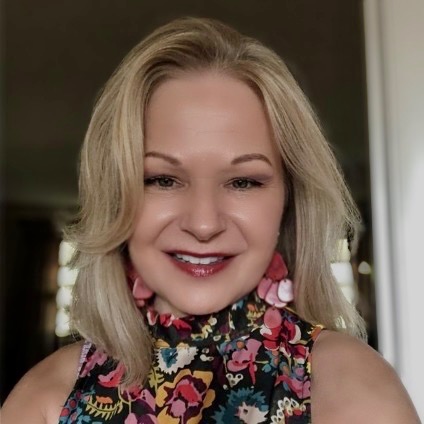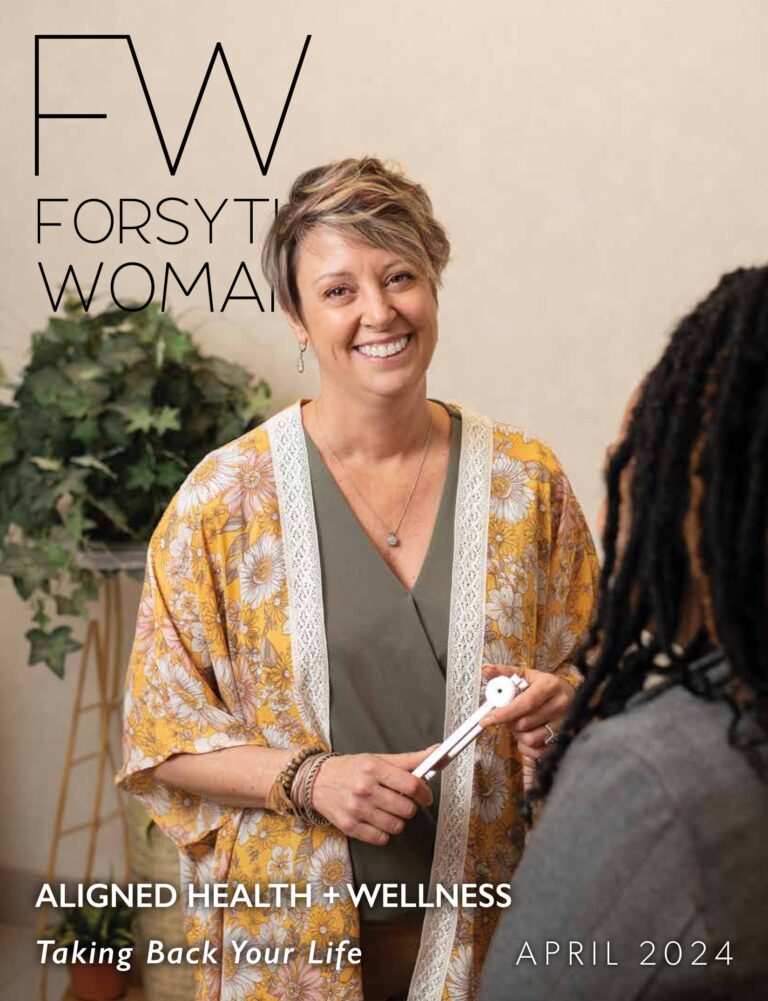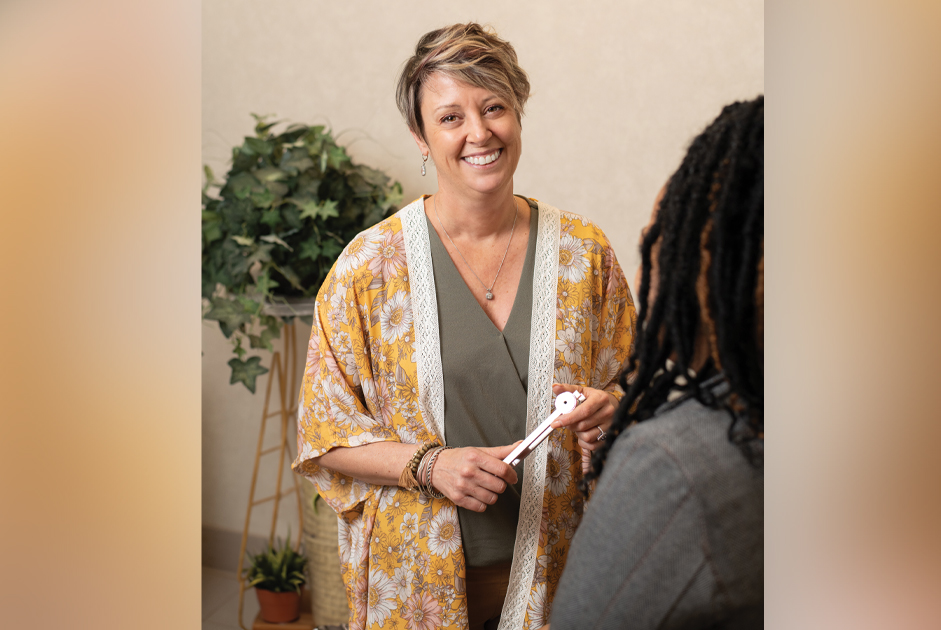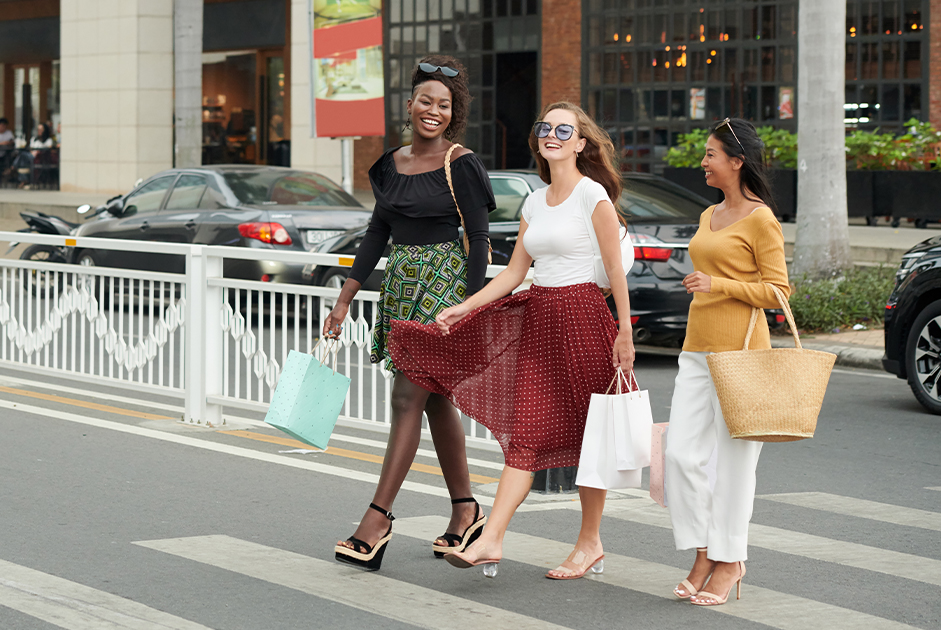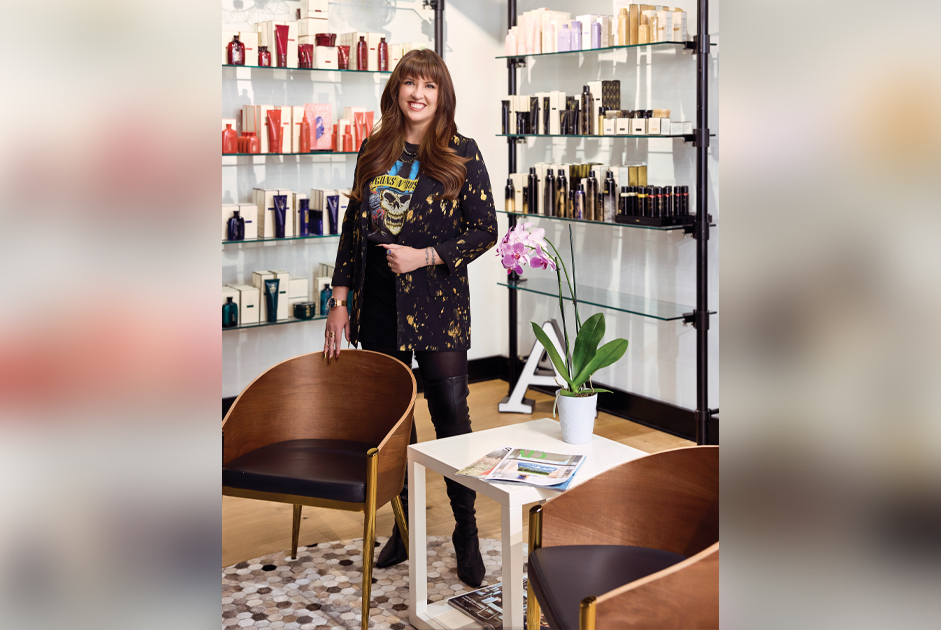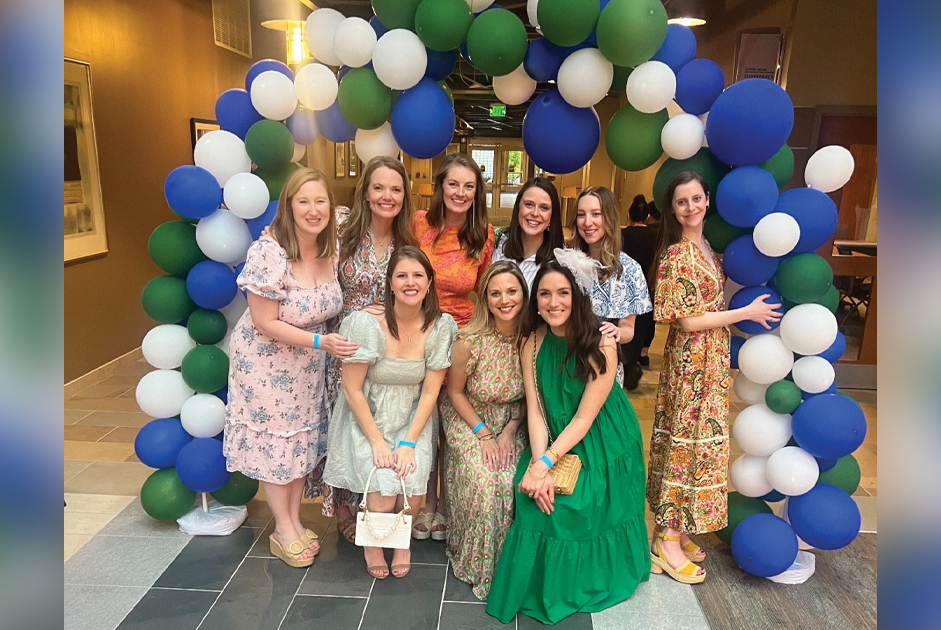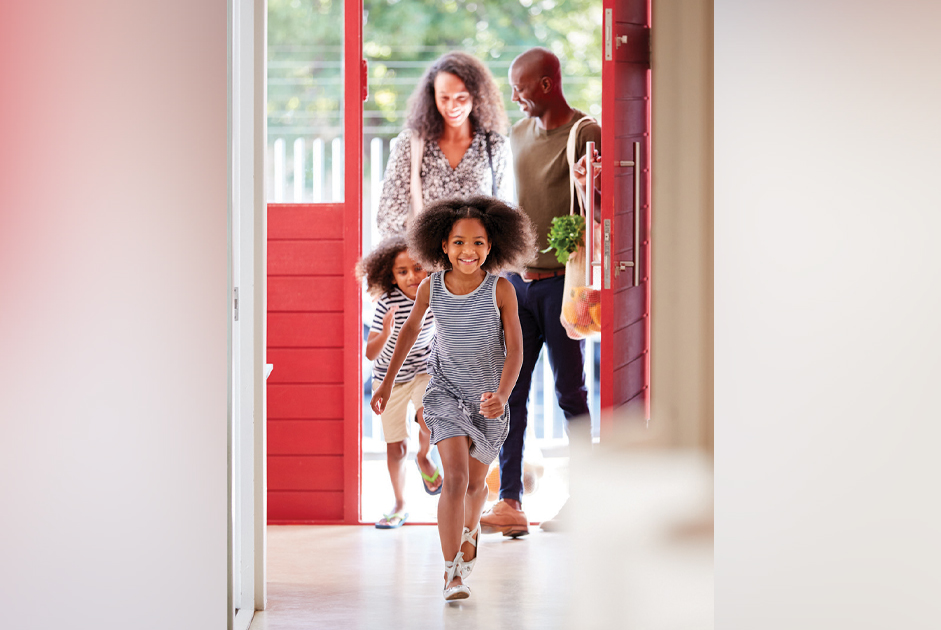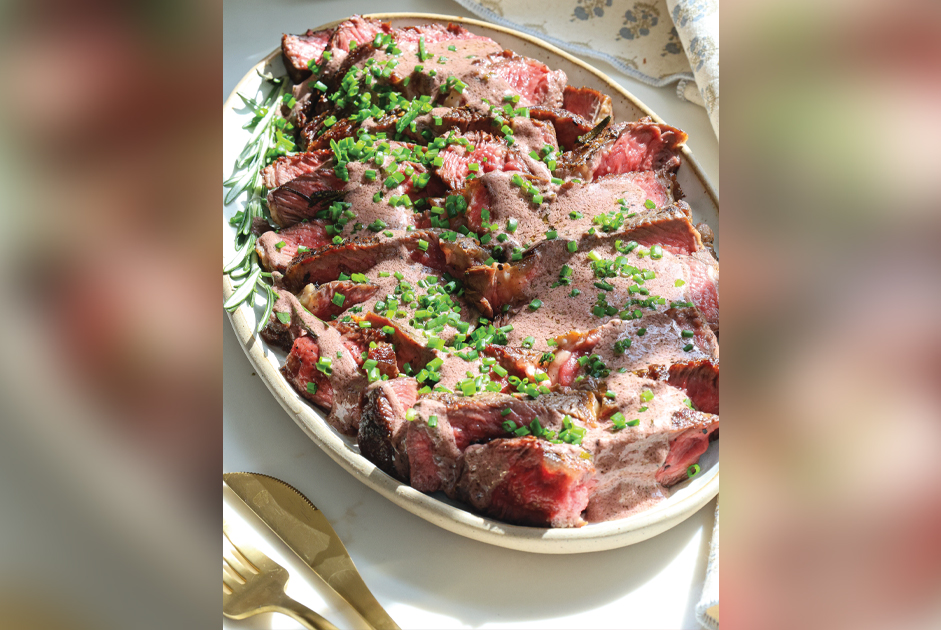BY JEAN MARIE JOHNSON
With or without champagne, I am the type who bubbles over with energy and enthusiasm for the new year ahead. I say adieu to the year that’s passed by, sweeping my home clear of every festive thing in sight, replacing red candles for white, and focusing on the joyful, peaceful possibilities that await in the 365 days ahead.
This year though, I’m noticing that my happy enthusiasm is a bit tempered against the tumultuous backdrop of 2020. Those 365 days told their own complex story and, for me, ushered in new challenges of faith, perseverance, hope, and adaptation. Even so, 2020 was a year filled with unique and lasting learning. For that, I am grateful.
I am aware that, regardless of how enthusiastic or optimistic we may be, our coping skills can take a battering in a year like 2020. That’s why I’m revisiting these skills this year. My first stop is psychologist Dr. Leahy, author of The Worry Cure, who stresses the importance of a coping mindset. He offers five “ingredients” that I’m putting my own special spin on in 2021:
Adjust your expectations – this one’s the hardest for me. I tend to be highly organized and planful, meaning that I can also be somewhat inflexible. Dr. Leahy advises: “Change the expectation to match reality, realizing it’s not catastrophic.” It’s a mantra I’m adopting as I take a close look at “reality,” at things as they are, not as they were, as the starting point. Which of your expectations can you adjust?
Don’t view everything that you had as essential – this is the quintessential “letting go” nudge. For me, it isn’t so much about what I have or had; it’s about getting stuck on routines that are no longer viable. So I’m experimenting with loosening up my self-imposed ways of doing things, along with my schedules so that I can be more spontaneous and “ready to go” when the opportunity presents itself. Yoga at a friend’s instead of at the gym? I’m in! What can you move over into the non-essential category?
Focus on what you can do, not what you cannot do – this one hits me in the gut and makes me sad. For a variety of reasons, my current ability to travel is limited, and I’m unable to see far-flung friends and family. When I focus on what I can do, I reach for Facetime, Zoom, text, and send surprise cards and packages to keep my connections strong and my emotions in a good place. I also put my energy into building new friendships and meaningful connections. How will you focus on what you can do versus what you can’t?
Go on a politeness binge – this is my favorite coping strategy. I especially appreciate Dr. Leahy’s suggestion that we implement a “protocol of politeness” toward our significant others, those living and coping under the same roof as us. To state the obvious, the kinder that space underneath the roof is, the calmer we all are. I like that a lot. What behaviors can you increase and eliminate as you “go on a politeness binge” in your home?
Think of this as a chapter in the book you are writing – This one resonates deeply as I consider the present as a moment informed by the past and inspired by the future. As a strategy, it helps me focus on creating experiences I want to be part of my story. It also helps me to consider how I want to be able to think back on this time from some point in the future. How will you write this chapter of your story?


